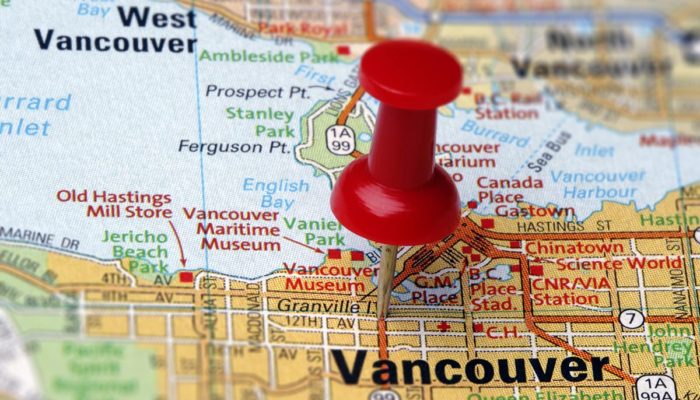It’s tougher than ever for many people to cover their mortgages in today’s Vancouver real estate market, which is one reason many of them have turned to Airbnb for a little extra income. The Vancouver City Council has recently severely restricted that income avenue.
On November 14, The City Council passed new regulations that prohibit individuals from renting out short-term properties on Airbnb and similar sites unless the spaces rented are in their principal residences. That means rooms over a separated garage, mother-in-law houses and even many basement suites are now off limits for short term rentals. Businesses will be completely prohibited from offering short-term rentals such as Airbnb.
The City Council claims it is doing this in an attempt to alleviate Vancouver’s severe housing shortage. The city’s vacancy rate is 0.8 percent, and rental costs are among the highest in the country. Half of the city’s population rents their housing, and no wonder. An average home costs over a million dollars. The result is that many people just cannot afford to live in Vancouver, and businesses often have a hard time finding employees. The City Council is hoping the move to restrict Airbnb will influence people to turn their short-term units into long-term rentals that will help alleviate Vancouver’s housing crisis.
The interesting thing is that the analysis presented to the City Council by city regulations officials shows no good evidence that the new restrictions will have any impact on the long-term rental market.
Airbnb has responded that the targeted units were usually used by family such as visiting relatives and would never be rented out long-term no matter what regulations the City Council passes. In that light, it does seem quite a stretch to argue that everyone who might occasionally rent their coach house for a few days on Airbnb would want to rent it long-term. There is quite a difference in the obligations, and many just would not want renters constantly underfoot. Instead, it’s possible some people may lose their homes, because they simply can’t afford them without the Airbnb income.
The Vancouver City Council has passed additional restrictions. Those renting on Airbnb or similar sites must now pay a $54 one-time application fee and $49 a year for a license. They must display the license number on their listing, and failure to do so will result in a $1,000 fine. Whether or not Vancouver wants to invest in the labor hours of constantly combing through Airbnb to try to catch people without a license remains to be seen.
This is far from the first time that a major city has regulated Airbnb and its cousins. Seattle just passed a tax on short-term rentals of $8 to $14 per night. Toronto is currently wrestling with short-term rental rules and is expected to come to a decision this month. New York bans short-term rentals altogether unless a host is present, and San Francisco requires licenses and registration.

